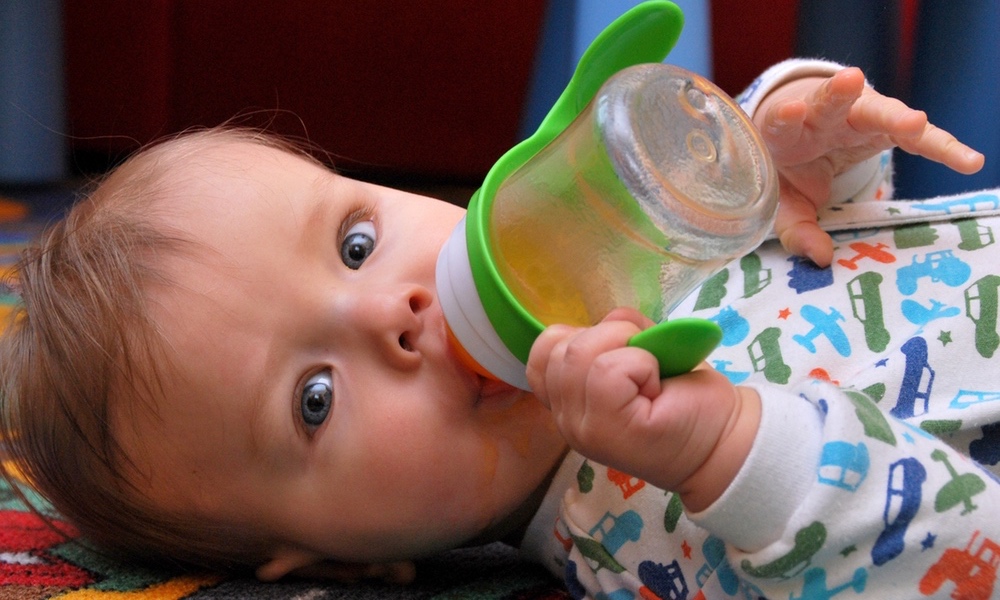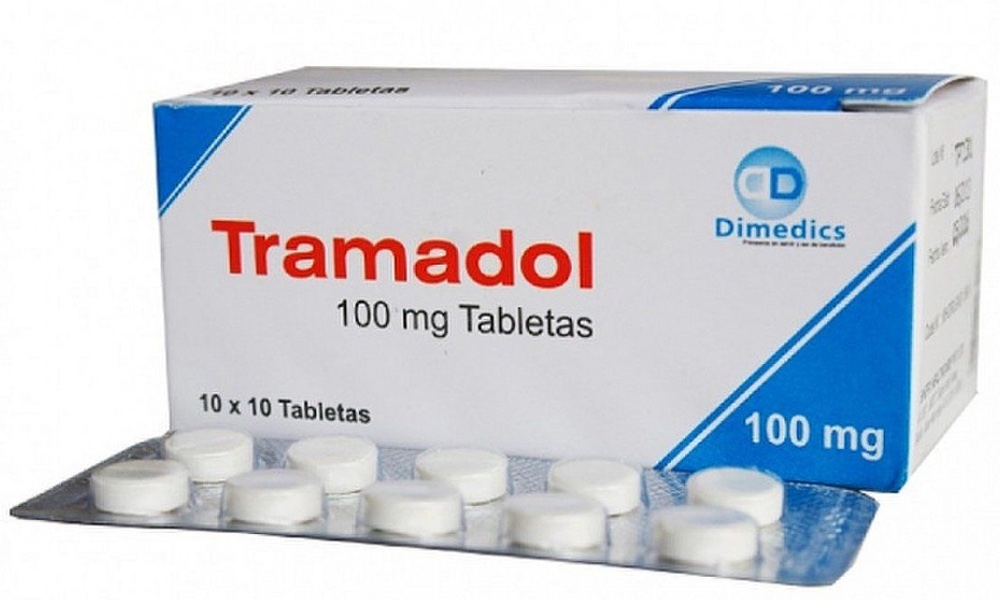Parents can be forgiven for being tempted by the toddler drinks they find on supermarket shelves. The advertising for these products implies that they are necessary for the proper growth and mental development of toddlers and that they can be the solution to toddlers' (perfectly normal) picky eating habits.
Who doesn’t want to provide their little ones with the best nutrition? But a new study suggests that not only are these drinks unnecessary, they are unsuitable for youngsters.
Toddler drinks consist of two types of products — transition formulas and toddler milks. Marketed for kids age nine months to three years old, they include powdered milk, sweeteners like corn syrup and some type of vegetable oil. They don’t provide as much protein as cow’s milk and contain more sodium.Some products included scientific or expert support, one even calling itself the #1 brand recommended by pediatricians, when the American Academy of Pediatrics (AAP) does not specifically recommend toddler drinks.
Researchers purchased “toddler formulas,” “toddler drinks,” “toddler milk” and “milk drinks” in order to review their nutrition labels and health claims. Just the variety of names used for these beverages is likely to be confusing to caregivers.
All of the drink labels had at least one health or nutrition claim, and most made multiple claims about the beverage's healthfulness or nutritional benefits. Some products included scientific or expert support, one even calling itself the #1 brand recommended by pediatricians, when the American Academy of Pediatrics (AAP) does not specifically recommend toddler drinks.
The colors, branding, logos and graphics used on the labels of toddler drinks are similar to the same brand’s infant formula packaging, the researchers note, adding to the confusion among consumers about the differences between the two products. And while there are distinct FDA regulations for the labeling of infant formulas, there are no such policies in place for drinks for toddlers.
Lead author, Jennifer L. Pomeranz, JD, MPH, of NYU’s College of Global Public Health summarized the findings in a statement: “All product labels made claims related to nutrition and health, and many made claims about expert recommendations that may lead caregivers to believe these products are necessary and healthy. In fact, they are not recommended by health experts, as there is no evidence that they are nutritionally superior to healthy food and whole milk for toddlers.”
Current marketing and labeling of toddler drinks lead consumers to believe they benefit the nutrition and growth of children, but this is not the case. The World Health Organization calls them “unnecessary” and “unsuitable;” the AAP’s position is that they are no better than cow’s milk and a diet of healthy food.
Both organizations recommend that once an infant passes his first birthday, his diet should consist of cow’s milk, along with a variety of nutritious and age-appropriate foods.
It appears that toddler drinks are simply a marketing ploy designed to extract money from conscientious caregivers with no intent to improve the diets of young children.
The study is published in Preventive Medicine.





